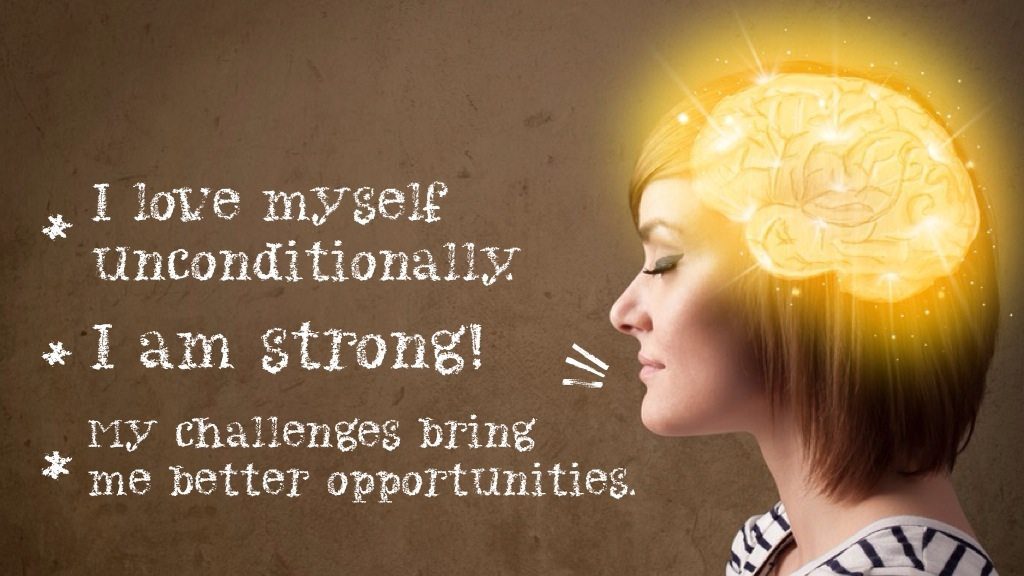We all dream about a perfect partner who could increase our heart rate and make our heads spin daily. We all find ourselves in that space of intense desire and get easily disappointed when we attract partners with whom we simply don’t resonate. Everywhere we look, from TV commercials to movies and random banners, we get the wrong idea about what having a significant other in your life really comes down to. It can be easy to miss the fact that a relationship needs to be there not only to give and receive love but also to grow as a person.
Here are 7 signs you’re in an authentic relationship that helps you grow as an individual.
-
Your special someone gives you wings
One of their main focuses is to see you happy, free from restrictions, and using your highest potential in order to achieve your desires. This partner may gently push you ‘out there’ because he or she sees your potential and wants to see you shine. This partner encourages you on a daily basis and tenderly shifts your focus from ‘I am not good enough’ to ‘I can do it’.
-
Your partner considers communication essential in your relationship
You and him/her both, progressively practice opening up to one another. This process requires time, patience, acceptance and love. As we get involved in romantic relationships (or any kind of relationships, for that matter), most of us dissociate from our authentic self and create a false image of ourselves- that always provided the safety of acceptance. Having a true connection with someone means unveiling our true spirit and functioning from that place of truthfulness.
-
Your significant other soothes you when you’re too hard on yourself
All individuals give in to self-criticism at a certain point; society doesn’t help as it continuously promotes the idea of more: bigger, better, newer are the leitmotifs of our daily living. No wonder in this context we often find ourselves caught in a space of negativity. When this happens, your partner doesn’t invalidate your feelings but tries to shift your perception. Looking at things from a different point of view, in difficult moments, can light up new realms for you.
-
Your partner is aware of the importance of quality time together
He/she always practices being fully present around you. As your connection deepens, both of you devote yourselves to one another and how to become one without losing your individuality.
-
Your relationship facilitates the growth of both of you
In time, you and your partner become the best versions of yourselves you have ever imagined. Your significant other boosts your expansion as a human being. And he/she teaches you to remain centered through life’s ups and downs.
-
Your relationship makes you feel safe
Nowadays, everywhere we turn, we witness dramatic events. We can easily dive into the increasing wave of negative emotions promoted mostly by the media. In these conditions, your relationship becomes that safe space of purity, tenderness, joy, and fulfillment. We are so used to the drama that we unconsciously bring it in our lives. Our romantic relationships are commonly exposed to this situation. An aware and loving partner will work on dissolving any negative vibe that could cloud your connection. He/she will defuse any tension arisen between you as a result of something that clearly has nothing to do with the two of you.
-
An authentic relationship teaches you how to love unconditionally
It breaks the walls most of us created in order to protect ourselves, leaving us opened, vulnerable and extremely sensitive. You learn how to provide for yourself and for your partner from a place of relaxation, attention, and flexibility. Most importantly, the right relationship gives you the strength to reach your greatest potential. Indeed, it does this by diving into that unique space of genuine self-love, so inaccessible to the majority of us.
Do you have a sign to add to the list? Discuss below, and let your relationship SHINE!










